Projects
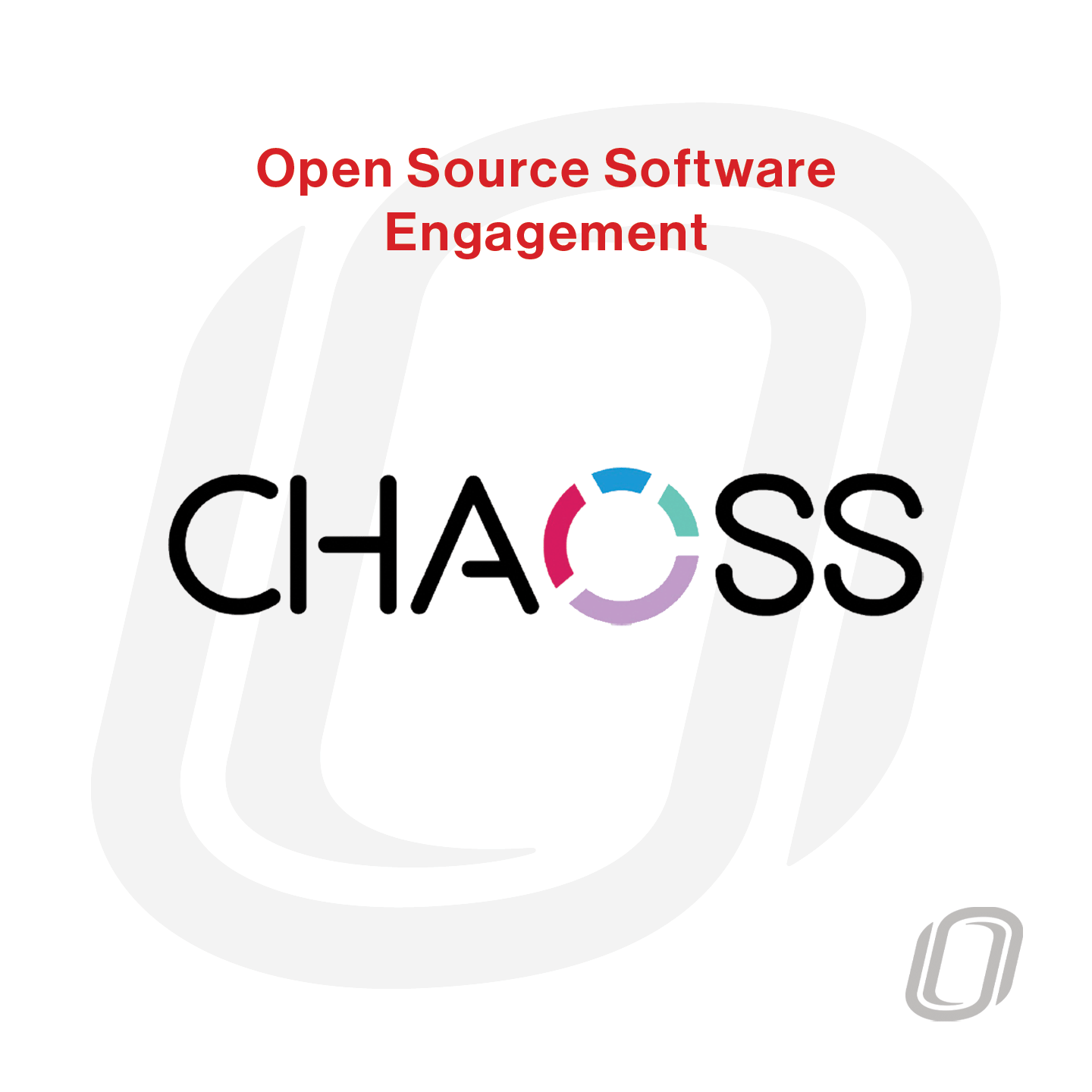
Open Source Software Engagement
Open source software is critically important for both individuals and organizations. This importance raises questions about how we understand the health and sustainability of the open-source projects we rely on. Open source projects that fail can have negative impacts on the community involved in the project as well as organizations that rely on such projects. CHAOSS helps people who want to know more about the health and sustainability of the open-source projects they are engaged with.
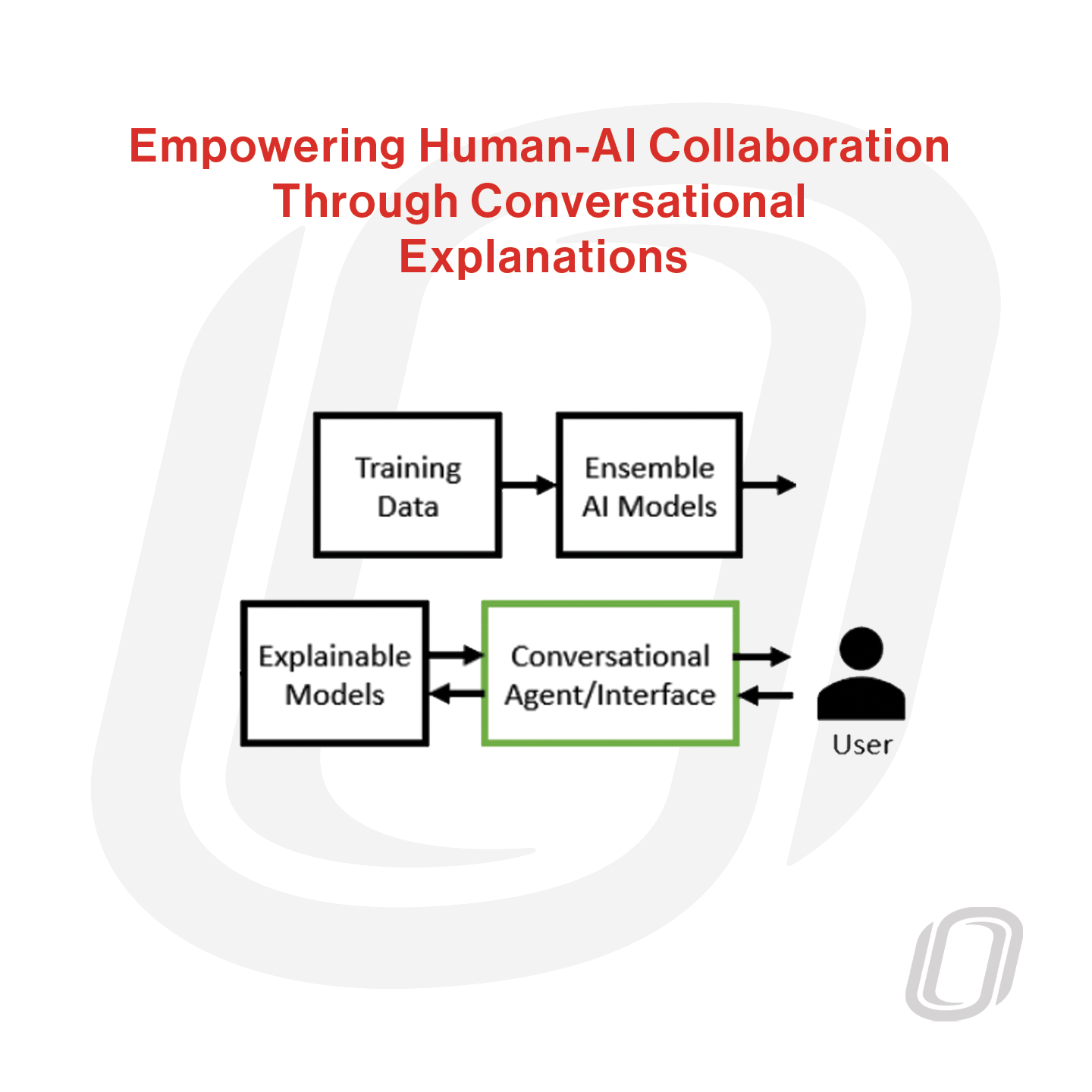
Empowering Human-AI Collaboration through Conversational Explanations
Based on a state-of-the-art explainable social recommender system, this project aims to achieve three objectives. First, present a user-centric participatory design approach to measuring and improving the user's mental model, elicitation mechanism, and explanation models. Second, use a human-centered design approach to develop a prototype to allow conversational explanations in an AI-powered recommender system. Third, adopt empirical methods...
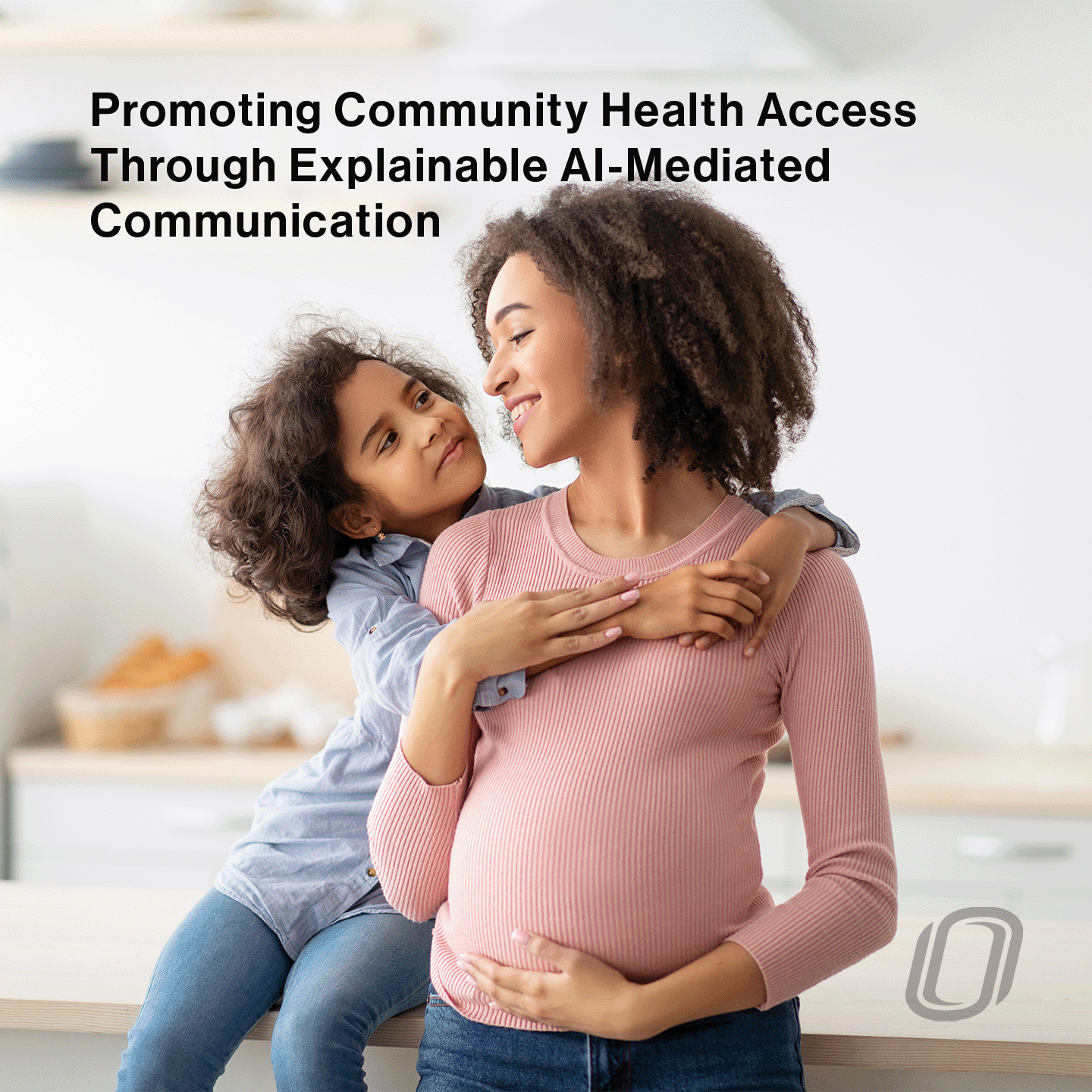
Promoting Community Health Access through Explainable AI-Mediated Communication
This project aims to explore the effects of promoting community health access through Explainable AI-mediated Communication (XAI-MC). The approach is to mediate communication between health care providers (e.g., OB-GYN, health care coordinators) and patients (e.g., pregnant women) through a self-explained transparent computational agent. Specifically, proposing to build AI-powered medical assistants (e.g., smart chatbot) to improve health...

A Multi-level Collaborative Design Framework for Cross-sovereignty Software Accountability
This project aims to tackle the distinct software accountability challenges arising from the unique governance structures, cultures, and technological conditions of tribal nations, as well as their intricate relations with other sovereign entities. This project develops and implements a multi-level participatory design framework and an AI (artificial intelligence) chatbot for emergency management. This...
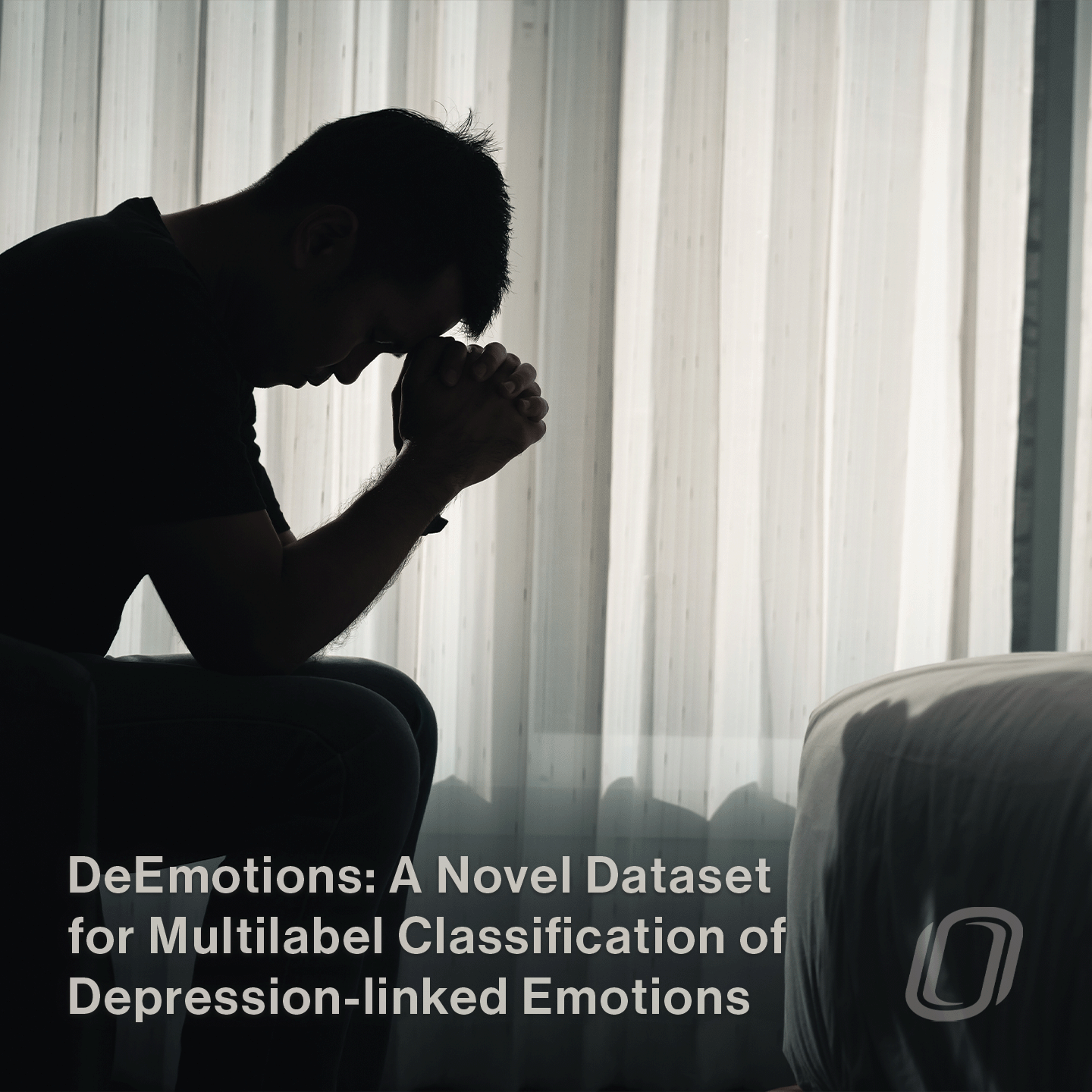
DeEmotions: A novel dataset for multilabel classification of Depression-linked Emotions
Social networking platforms have become a focal point of increased interest in recent years. Within the domain of social network analysis, the task of multiple emotions (8) prediction from social media texts has emerged as a particularly intriguing subfield. In this research, we created a novel dataset, DeEmotion from reddit regarding...
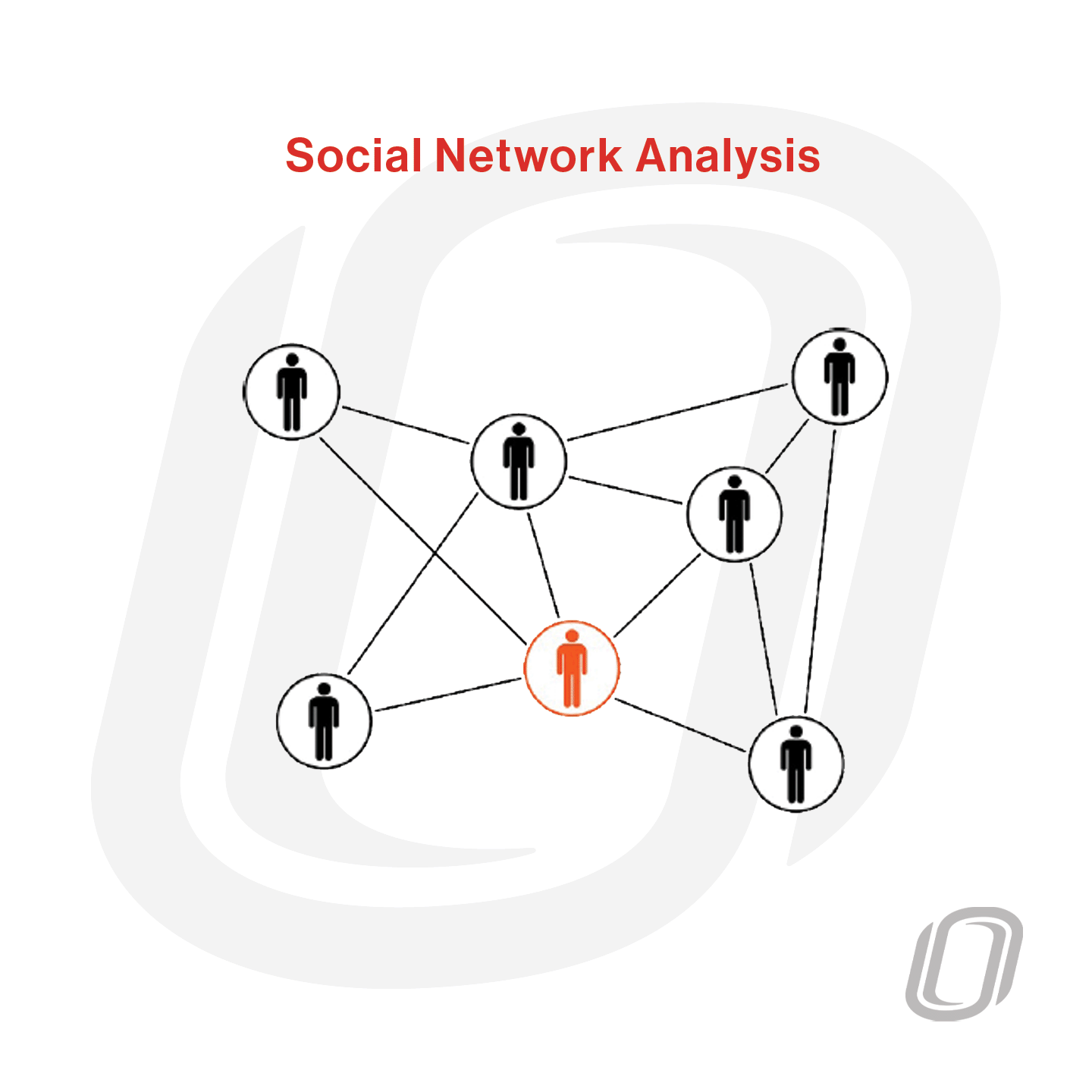
Social Network Analysis
The task of link prediction from social network analysis has emerged as a particularly intriguing subfield. This research area involves analyzing a given static image of a social network to forecast potential future connections between currently separate entities. Broadly speaking, link prediction methodologies can be categorized into three main strategies: feature-based prediction methods, Bayesian...
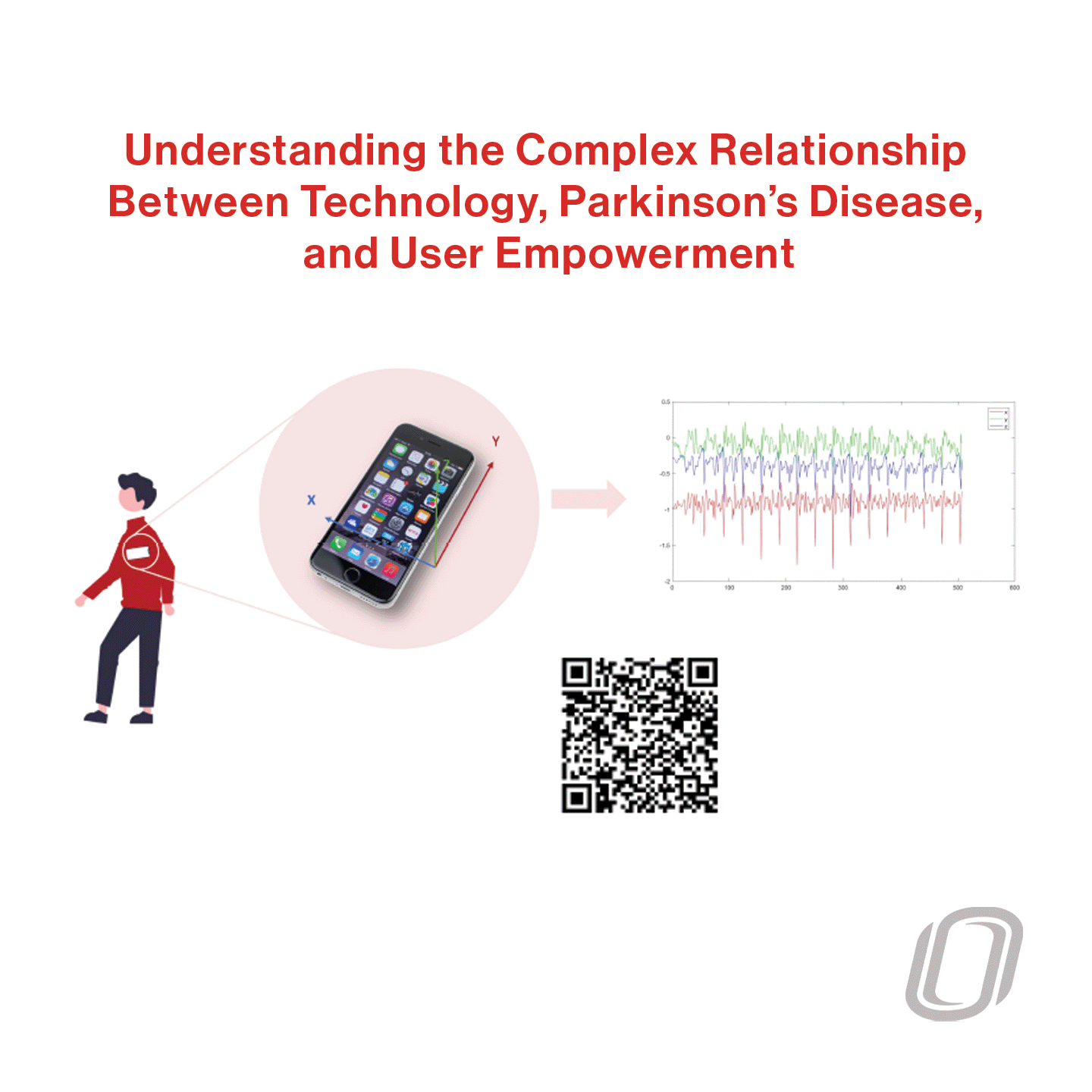
Understanding the Complex Relationship Between Technology, Parkinson’s Disease, and User Empowerment
Users with chronic neurodegenerative diseases who have limited means to travel to medical facilities due to location, physical disability, or social economic status are particularly vulnerable to being under-served by technology solutions such as...

Science of Citizen Science

Consortium for Public Health Research Lab
Research foci:
- Usability research to improve the ease of use, usefulness, efficiency, effectiveness, user satisfaction of Health IT applications
- Data visualization to optimize human cognition
- Best practices developing & designing Health IT systems
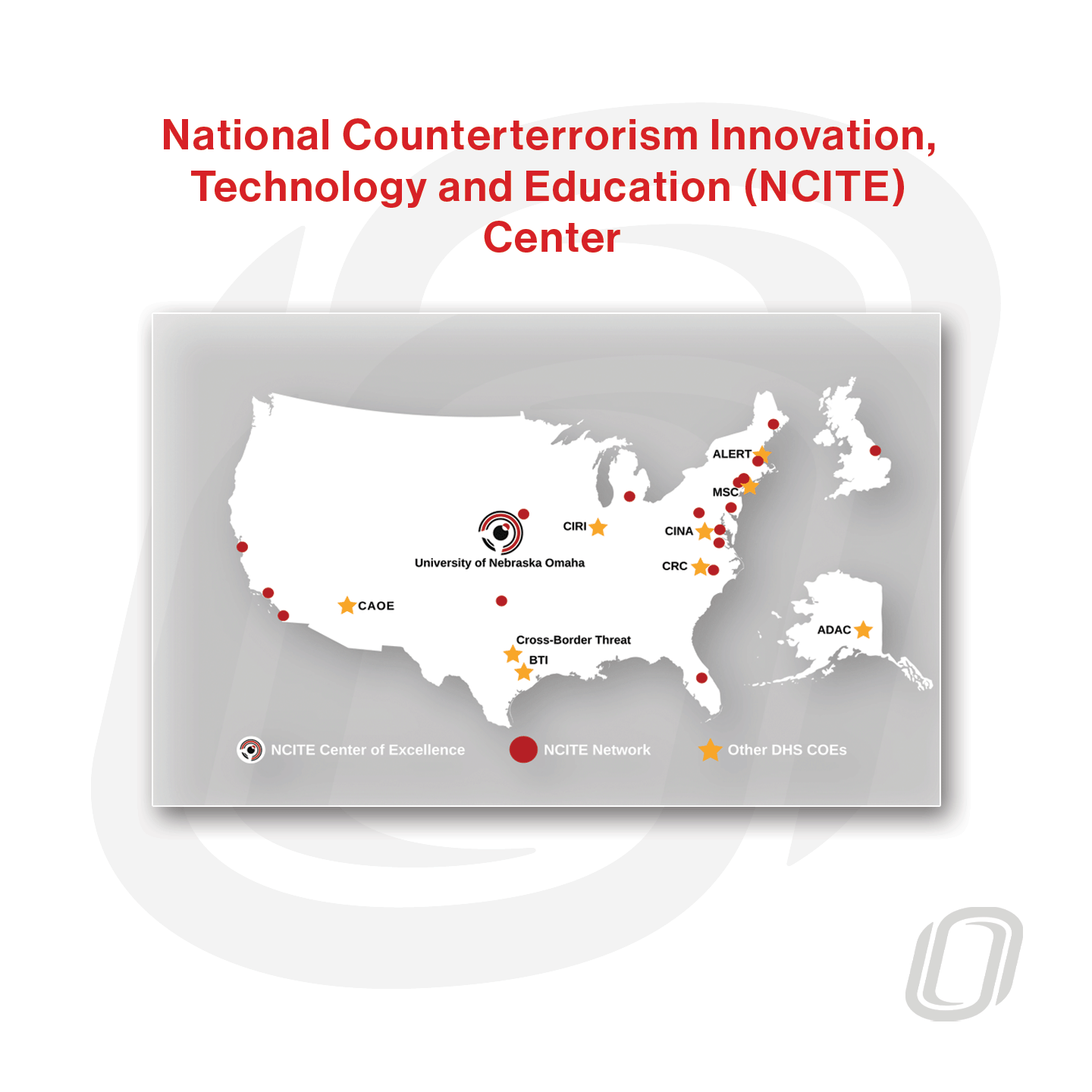
National Counterterrorism Innovation, Technology and Education (NCITE) Center
This cooperative agreement with DHS S&T establishes UNO as the DHS trusted agent for counterterrorism research. NCITE strives to understand, prevent, and counteract terrorist violence and UNO leads a consortium of academic institutions who study terrorist behavior and the best ways to stop it. It is an important collaborative center...